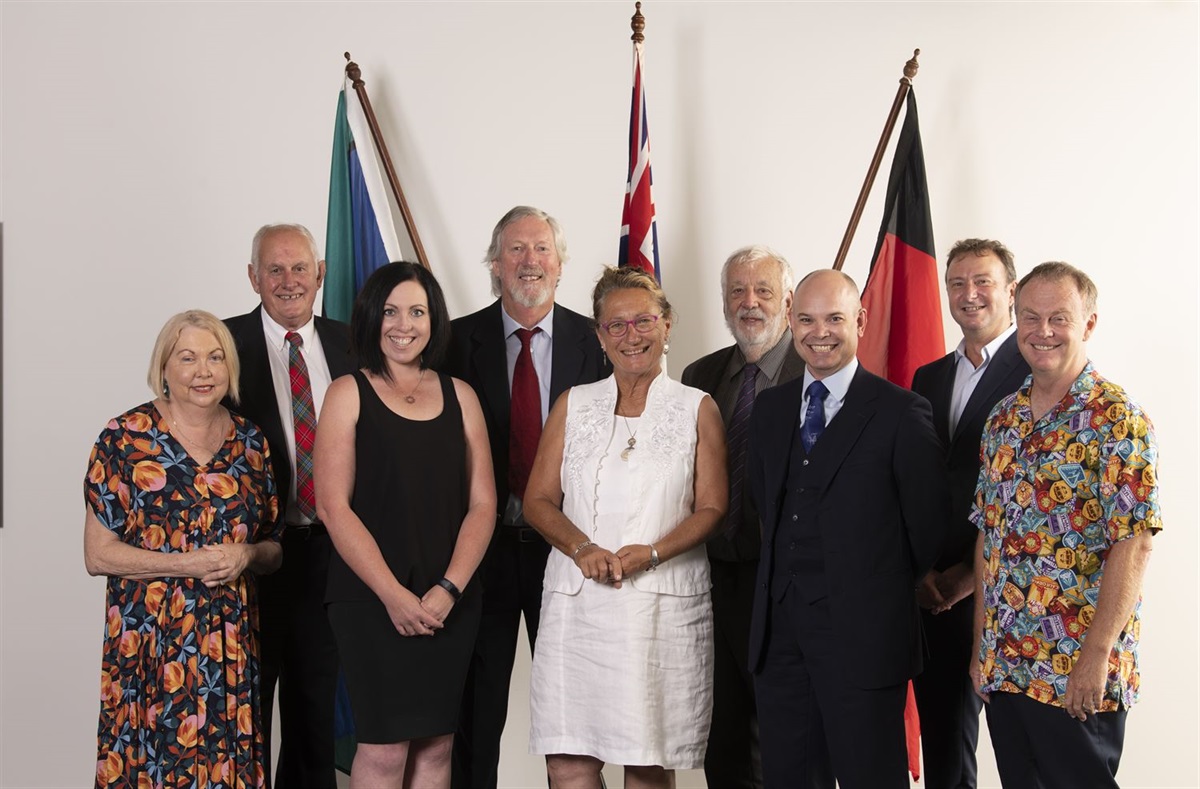Following the latest ruling in the sordid Timor Leste bugging scandal case Independent Senator Rex Patrick has labelled ACT Supreme Court Justice David Mossop’s judgement as the most ill-considered and dangerous judgment in the history of judicial oversight of the intelligence services.
“Justice Mossop has basically ruled that when defending oneself for the disclosure of information prepared by or on behalf of The Australian Secret Intelligence Service, the fact that information or matter relates to an unlawful or improperly authorised operation is irrelevant,” Senator Patrick said summarising the judgement.
“Intelligence whistleblowers are left totally exposed and unprotected. The intelligence services can act contrary to law, and no-one can blow the whistle on them and expect the protection of a court”.
Barrister and former ACT Attorney-General Bernard Collaery is charged with breaching and conspiracy to breach section 39 of the Intelligence Services Act 2001 for allegedly disclosing the most abhorrent and disgraceful operation in the history of our intelligence services – the bugging of the Timor-Leste sea boundary negotiating team after shaking hands with the Timorese and undertaking to conduct negotiations in good faith.
Senator Patrick said: “Timor-Leste was the newest and most impoverished country in the world and Australian Government officials set out to defraud their people of their rightful entitlement to the resources that lay beneath, by any normal interpretation of international law, their seas.”
“Indeed, in 2019, almost a decade after the operation was disclosed, Australian officials tacitly conceded that they had done the wrong thing by begrudgingly signing a new treaty which substantially improved the boundary arrangements for Timor-Leste.”
Yesterday Justice Mossop set aside subpoenas requiring the Commonwealth to produce evidence that the operation was properly authorised under the Intelligence Services Act.
In paragraph 81 of his judgement the judge stated that:
“The text, context and purpose of the Intelligence Services Act all indicate that the burden upon which the prosecution is to prove [the act of the disclosure] and that does not extend to a requirement to prove compliance with every provision of the Intelligence Services Act relevant to the activity of ASIS which would give rise to the information of matter disclosed”.
The essence of his judgement was that it was up to the Inspector-General of Intelligence and Security (IGIS) to determine if the Intelligence Services Act provisions had been complied with.
In paragraph 73 of his judgement has stated, amongst other things:
“Where an inquiry has been conducted in relation to a Commonwealth agency, if the IGIS considers that the agency has not taken action that is “adequate and appropriate, the IGIS may provide a report to the Prime Minister”.
Senator Patrick said, “Never have I seen a judicial officer suggest the responsibility of judicial oversight be abandoned because a member of the executive has a measure of oversight and can report breaches of the law to the Prime Minister.”
“In effect, Justice Mossop places no limits on executive power and leaves the responsibility for limited oversight exclusively to a statutory official, giving the court no role.”
Senator Patrick expressed hope that the judgement will be appealed. “The abandonment of judicial oversight of the executive by a judicial officer cannot be allowed to stand”.
Justice Mossop’s sole reliance on the Inspector General of Intelligence and Surveillance to ensure the lawfulness of an operation spying on the international negotiating team of a friend and neighbour is particularly disturbing noting the former Inspector General of Intelligence and Security, Her Honour Margaret Stone (sadly now deceased), wrote to me on the 27 November 2018 and stated:
“My power to consider propriety does not extend to whether the Australian Government whether the Australian Government should … ask ASIS to collect foreign intelligence on a particular subject. So, for example, the question of whether the Australian Government, as a matter of policy, should, or should not, task an intelligence agency like ASIS with collecting information relevant to the negotiation of an international agreement in not within my jurisdiction”.
Senator Patrick started, “The Parliament has exempted review of intelligence operations from the role of the Parliamentary committee that overseas our intelligence agencies. The IGIS states that it is beyond his or her jurisdiction. Now we have a judicial officer saying that a court will not look into such a question.”
“If allowed to stand, the effect of this ruling would be to place intelligence operations beyond scrutiny. No-one will be watching or have effective jurisdiction to deal with unlawfulness in the tasking of our intelligence services.”
“Our Constitution does not permit one arm of Government to act without the checks of another arm, so something is not right with what Justice Mossop has proclaimed in his judgement”.
“Two of Justice Mossop’s judgements in the prosecution of Bernard Collaery have been overturned on appeal. I suspect a third will flow if this most recent decision is appealed, “said Senator Patrick “In such a circumstance it is hoped that His Honour might declare himself three strikes and out.”
“Meanwhile, in the event of a Labor victory at the Federal election on Saturday, I again urge the new Attorney-General, most likely Mark Dreyfus, to act without delay to end the unjust prosecution of Mr Collaery.”
“Enough is enough. Continuing this shameful prosecution is not in the public interest. The only interest that is being served is the continuing cover-up of the responsibility of past Ministers and bureaucrats for previous wrongdoing. That should stop”.
“After decades of controversy, revelations of Australian spying and highly secret criminal trials, it’s high time that the whole story is revealed so that Australian-Timorese relations can properly reset and move forward on a new basis of trust and transparency”.
Justice Mossop’s judgement can be found here.








